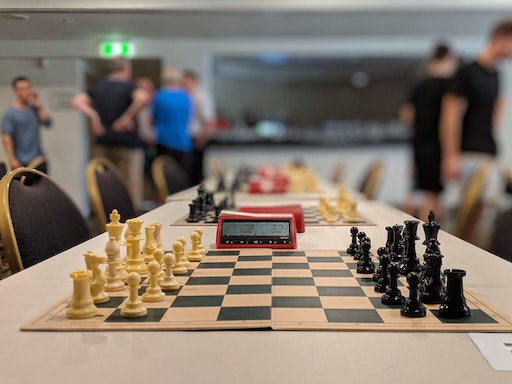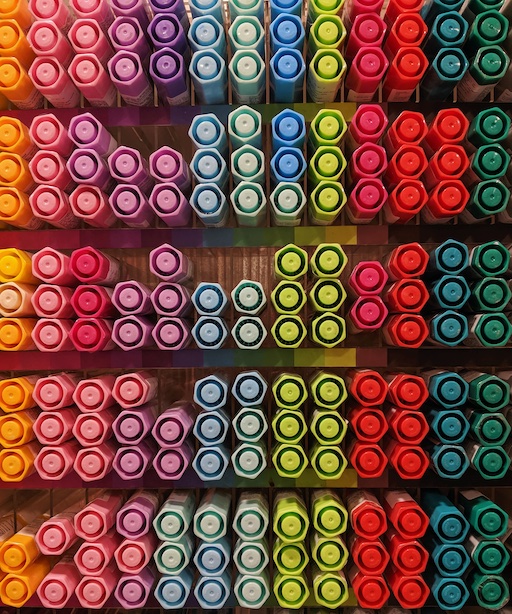
2 chess teams, competed for 1,000,000 times 🧐
given a 2D array of matches [host, guest]
Example
[[“Nepomniachtchi”, “Grischuk”], [“Karjakin”, “Grischuk”], [“Nepomniachtchi”, “Keymer”], [“Ding Liren”, “Grischuk”], [“Karjakin”, “Andreikin”], [“Carlsen”, “Gukesh D”], [“Aronian”, “Gukesh D”], [“Carlsen”, “Andreikin”], [“Nepomniachtchi”, “Gukesh D”], [“Aronian”, “Gukesh D”]]
and an array of results, where 1 means host team won
Example
[1, 1, 0, 0, 0, 0, 0, 1, 1, 1]
find the winning player, ** for sake of simplicity, assume there is no draw in total points between players.
import Foundation
let HOST_TEAM_WON = 1
let WIN_POINTS = 1
// O(n) time | O(k) space , where n: are matches and k is the number of teams
func chessWinner(_ matches: [[String]], _ results: [Int]) -> String {
var bestPlayer = ""
var scores = [String: Int]()
scores[bestPlayer] = 0
for (idx, match) in matches.enumerated() {
let (host, guest) = (match[0], match[1])
let winning = (results[idx] == HOST_TEAM_WON) ? (host) : (guest)
if scores[winning] == nil { scores[winning] = 0}
scores[winning] = scores[winning]! + WIN_POINTS
if scores[winning]! > scores[bestPlayer]! {
bestPlayer = winning
}
}
return bestPlayer
}
func generateData() -> ([[String]] , [Int]) {
let players1 = ["Carlsen", "Ding Liren", "Nepomniachtchi", "Karjakin", "Aronian"]
let players2 = ["Keymer", "Vitiugov", "Gukesh D", "Andreikin", "Grischuk"]
var matches = [[String]] ()
var results = [Int]()
let possibleResults = [0,1]
for _ in 0 ..< 10 {
matches.append([players1.randomElement() ?? "", players2.randomElement() ?? ""])
results.append(possibleResults.randomElement() ?? 0)
}
print(matches)
print(results)
return (matches, results)
}
func problem_04_solutions() {
let data = generateData()
printTimeElapsedWhenRunningCode(title:"solution1") {
let winner = chessWinner(data.0, data.1)
print(winner)
}
}
